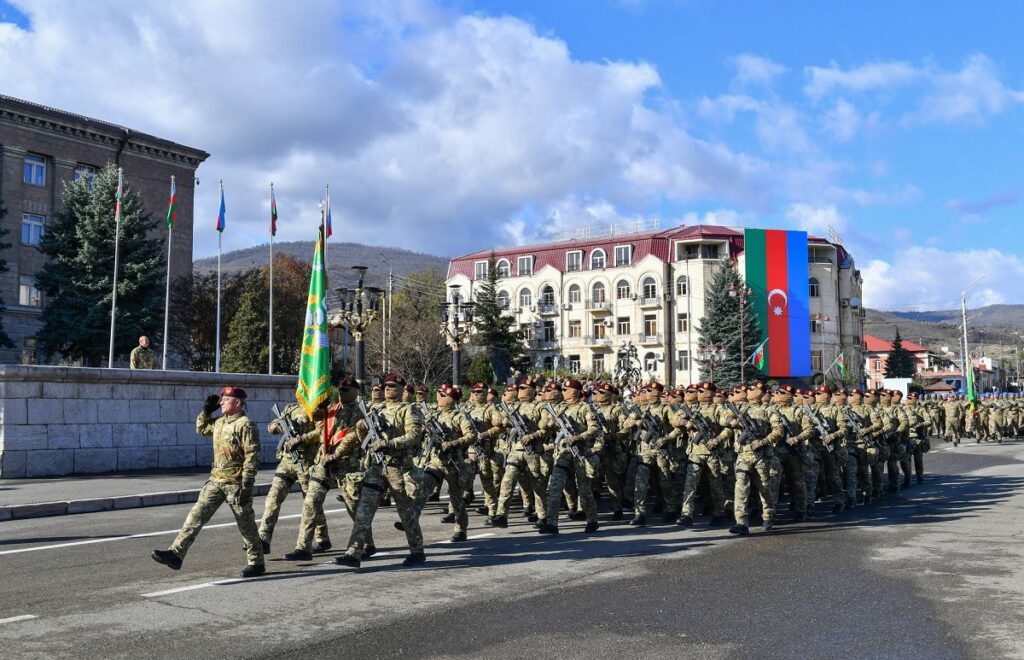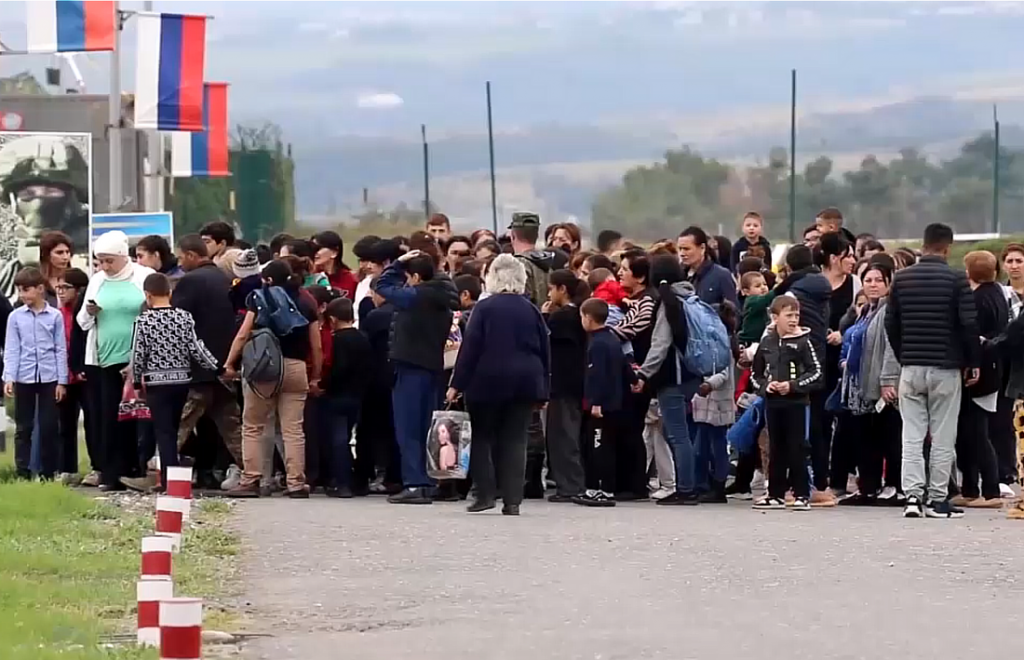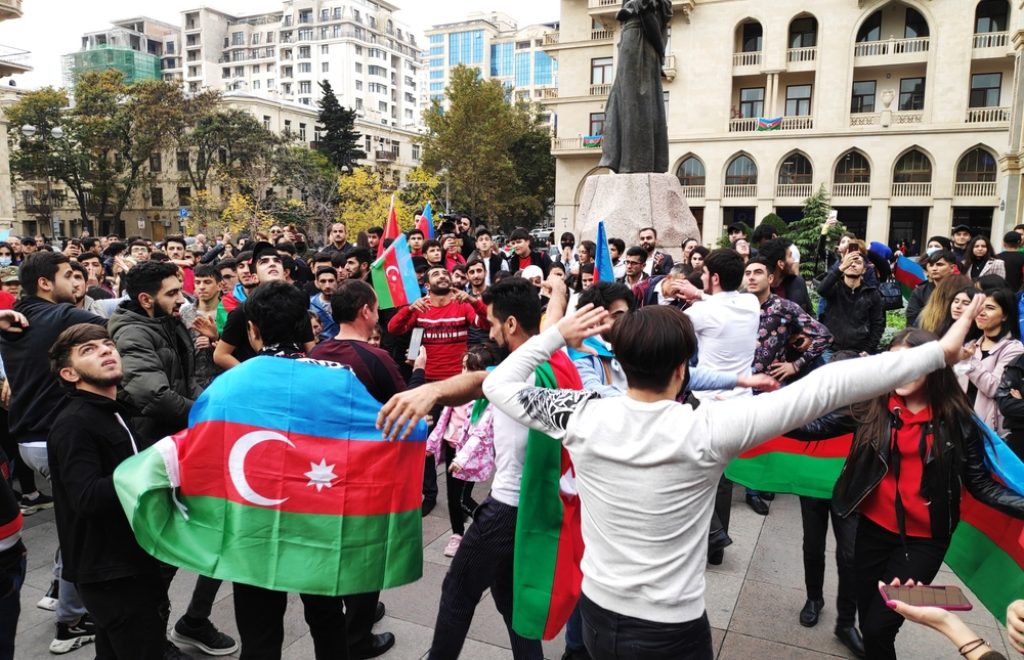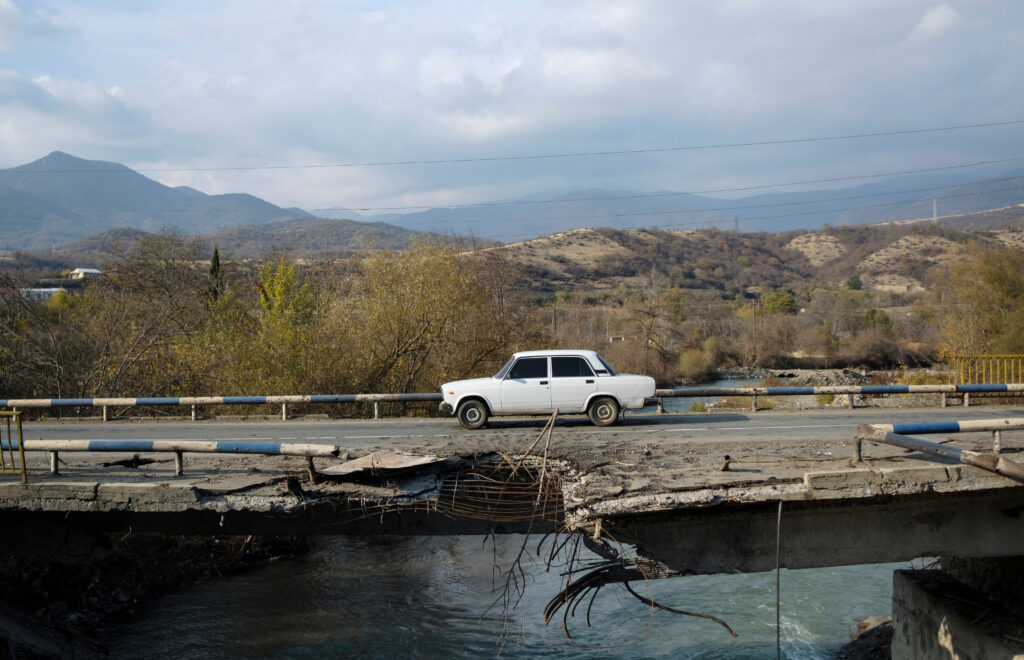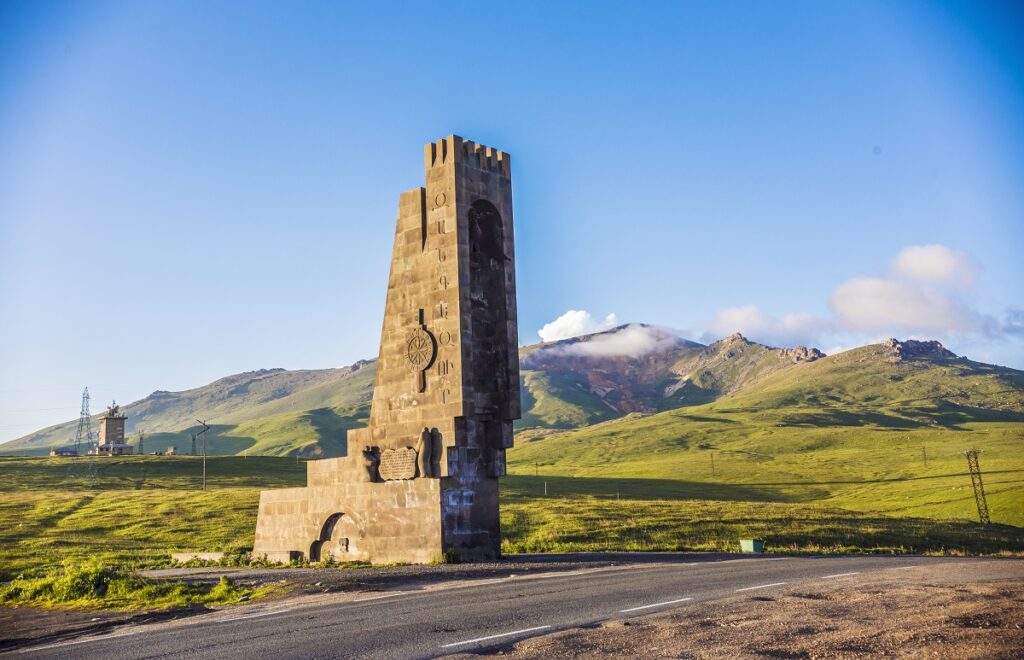Is peace possible between Armenia and Azerbaijan?
In the shadows of the war in Ukraine, another regional development, interconnected to some extent with that conflict, also has the potential to shape the future of Eastern Europe and the former Soviet sphere. This is the Armenia-Azerbaijani peace process and the changing power balance in the South Caucasus. The geopolitical players shaping Ukraine's war and peace landscape also keep the Armenia-Azerbaijani peace process in focus. Nevertheless, there are distinctive features in both cases worth exploring.
April 11, 2024 - Ahmad Alili


